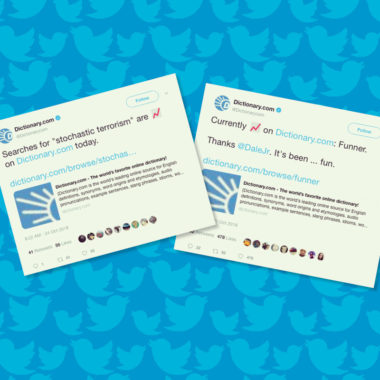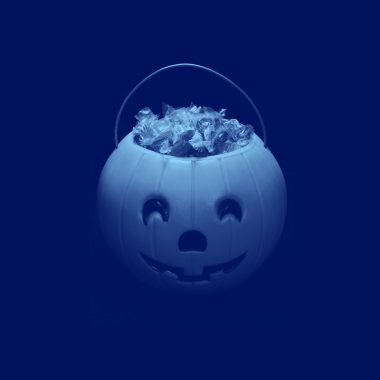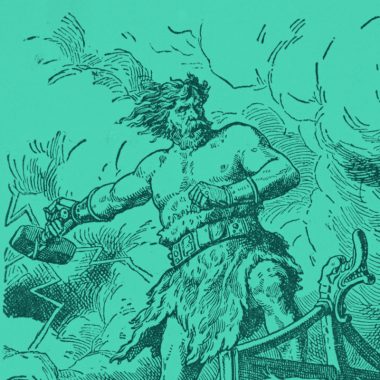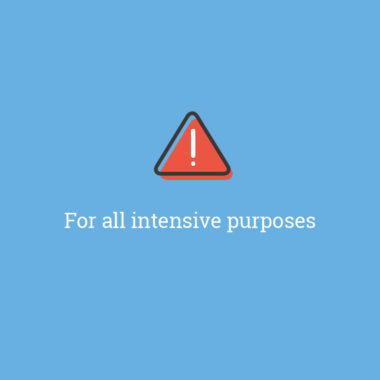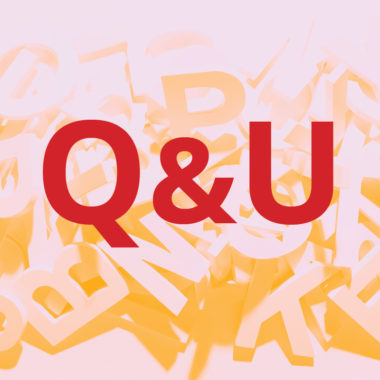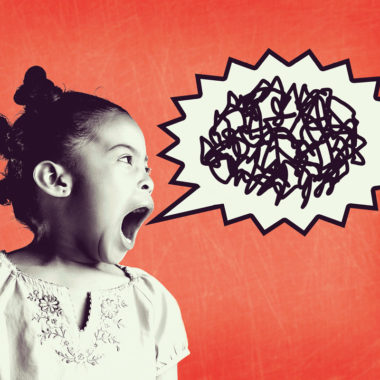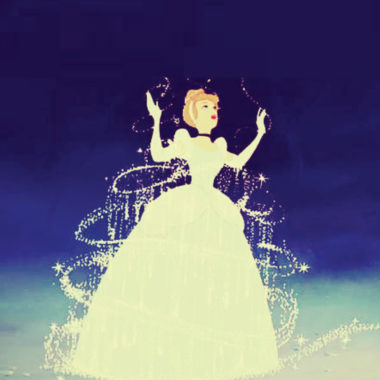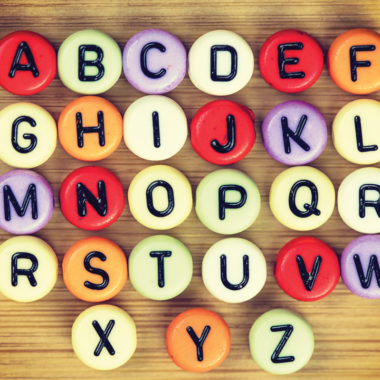Funner And Other Trending Words On Dictionary.com
From NASCAR tracks to Washington, D.C., here are the words that were blowing up the Dictionary.com trending charts October 19–26, 2018. Funner Semi-retired NASCAR superstar Dale Earnhardt Jr. dropped the word funner on Twitter last weekend, drawing out the language snobs to correct him on his usage. There’s just one problem: Funner is, in fact, a word! Informal though it may be, the word that spiked …
